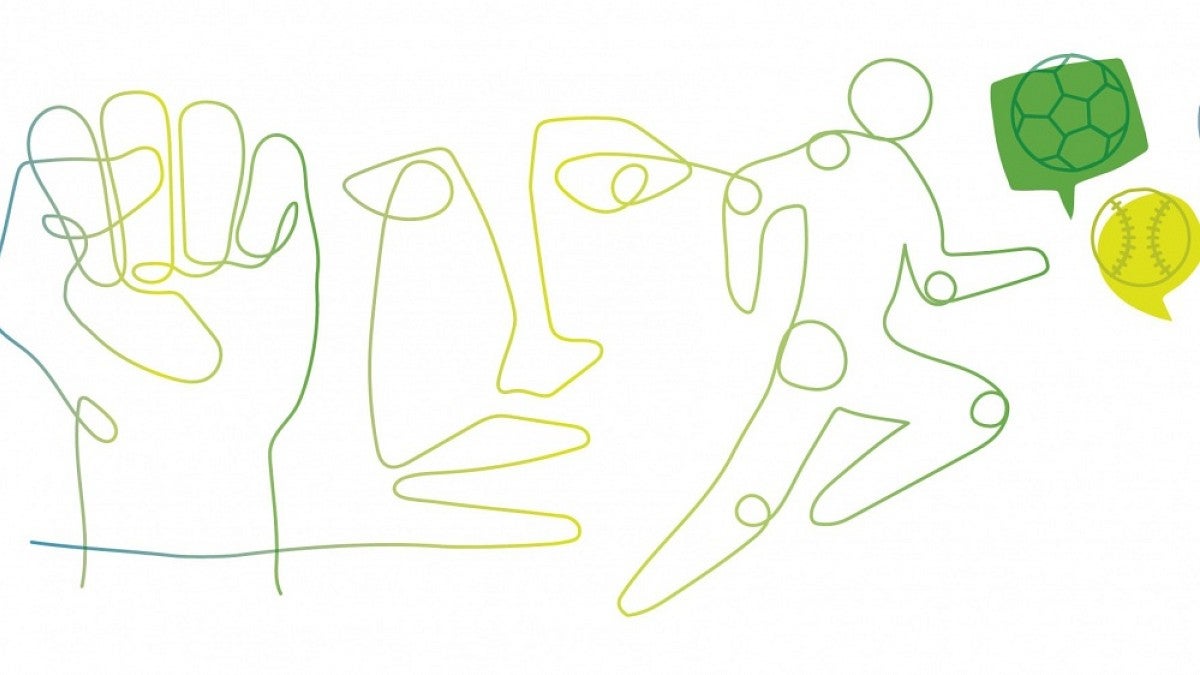From Jackie Robinson to Colin Kaepernick, sport has activism in its very DNA.
Many instances of social justice progress can be traced to the stage that sport provides: racial integration in Major League Baseball, Title IX protection for female athletes, the right to opt out of military service, multiple issues related to sexual orientation, new sportswear that allows athletes of all faiths to compete on the field of play, and many more.
On May 8, the Lundquist College of Business' Warsaw Sports Marketing Center and the Department of Intercollegiate Athletics will host a day of discussion and dialogue around the history and legacy of activism in sports, the effects of activism on the business ecosystem around sport, and the way athletes today view their opportunities and responsibilities.
Activism within sport remains a lightning rod for controversy due to its high-profile nature. Topics ranging from the Black Lives Matter movement to National Anthem protests, gender-inclusive restrooms and silenced sexual violence have dominated the headlines this past year.
Harry Edwards — the architect of the Olympic Project for Human Rights, which led to the Black Power salute protest by two African-American athletes at the 1968 Summer Olympics — will deliver the keynote address in the Ford Alumni Center’s Giustina Ballroom at 4 p.m.
Edwards is a professor emeritus of sociology at the University of California, Berkeley. The New York Times has said of Edwards that "no other single figure in sports has done as much to make the country aware that the problems of the larger culture are recapitulated in sports."
In addition to the keynote, two seminar panels will take place. At 10 a.m. in the Jaqua Academic Center for Student Athletes, former three-sport UO athlete and retired NFL player Jordan Kent will moderate a panel of current collegiate and professional athletes who will discuss their views on the opportunities and responsibilities that athletes have today and how the modern environment for activism may differ from the past.
A second panel at 1 p.m. in the Ford Alumni Center will focus on how and why brands, sports teams and leagues have themselves taken on the role of social activist. For example, the NBA pulled the 2017 All-Star Game from Charlotte, North Carolina, after the state enacted a bathroom law viewed as discriminatory.
And last July 18, the Seattle Storm donated $5 of every ticket sold to Planned Parenthood. Whitney Wagoner, director of the Warsaw Sports Marketing Center, will moderate the panel of industry experts.
The events are part of the university's Freedom of Expression Series, an initiative created by UO President Michael Schill exploring the content, scope and limits of the First Amendment on college campuses. Freedom of Expression Series events are an opportunity both to celebrate and debate the right of every American to freedom of expression while nurturing inclusive campus conversations with broad and diverse perspectives.
All events are free and open to the public.


